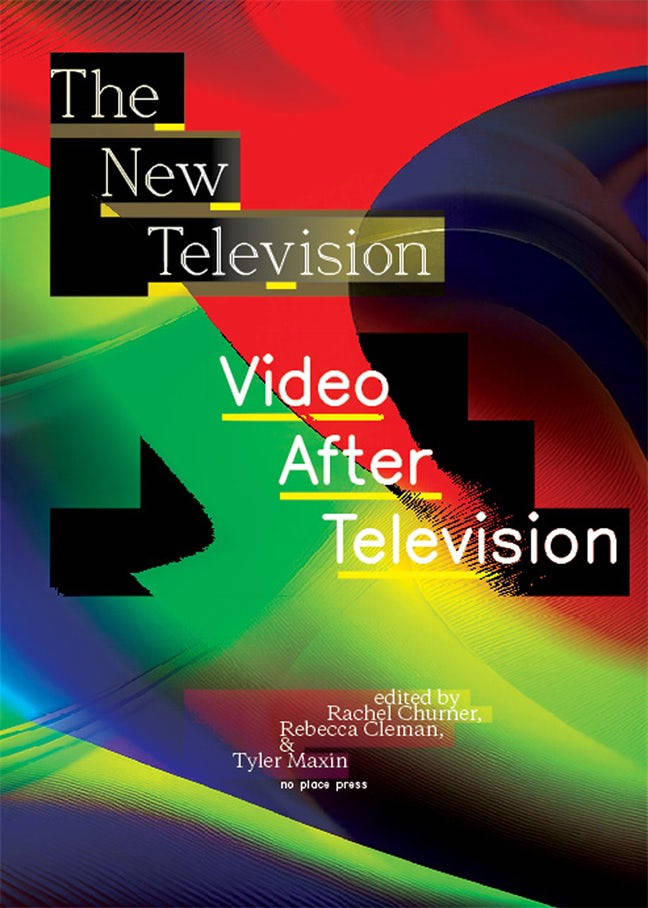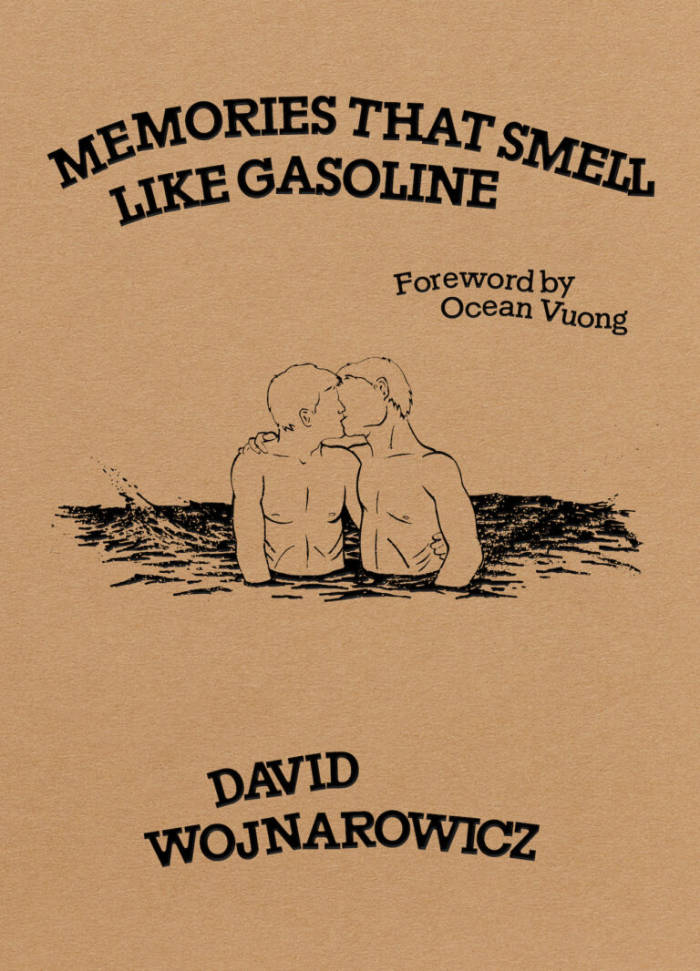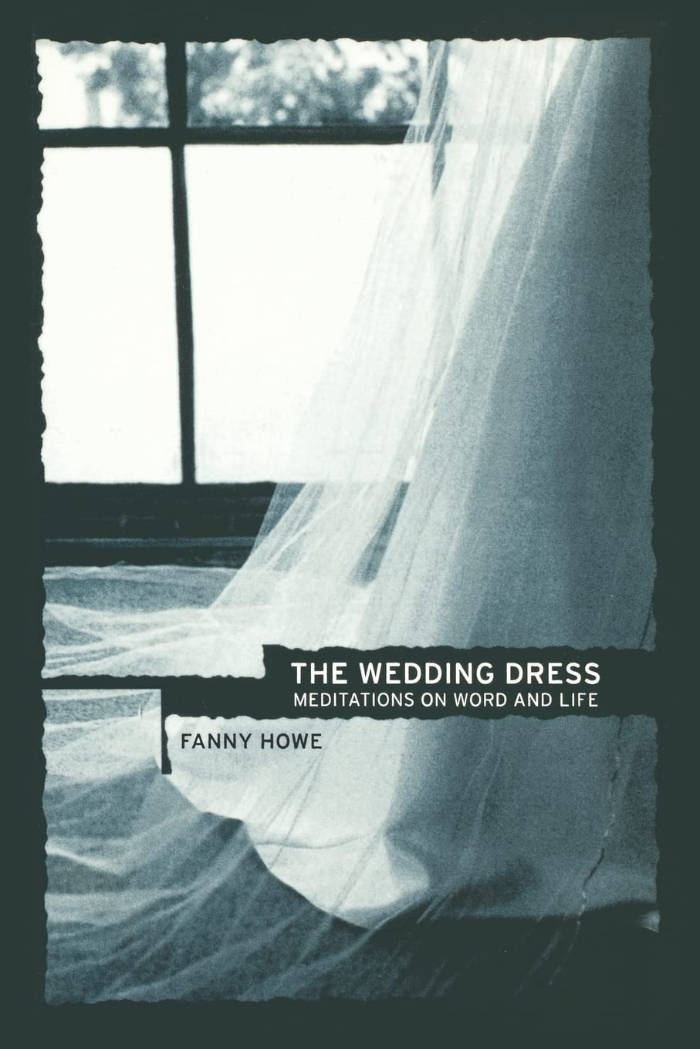
In Part: Writings by Julie Ault
Spanning more than three decades, In Part brings together a full spectrum of the New York-based artist, writer and activist Julie Ault's (born 1957) published texts through carefully selected extracts in a single volume.
Reprinted in chronological sequence alongside a selection of full-length texts, this series of excerpts offers a timeline of Ault's continuous artistic growth, longstanding political concerns and dynamic interpersonal affinities.
Beginning in the 1980s with texts written with her collaborators in Group Material, In Part highlights Ault's shift from exhibition making in the mid-1990s to include publishing and writing. Ault's dialogic practice extends to the present day through her sustained engagements and relationships with such artists as Corita Kent, Felix Gonzalez-Torres, Nancy Spero, Martin Beck, David Wojnarowicz, Liberace and Martin Wong.
Lucy R. Lippard contributes an introduction.







